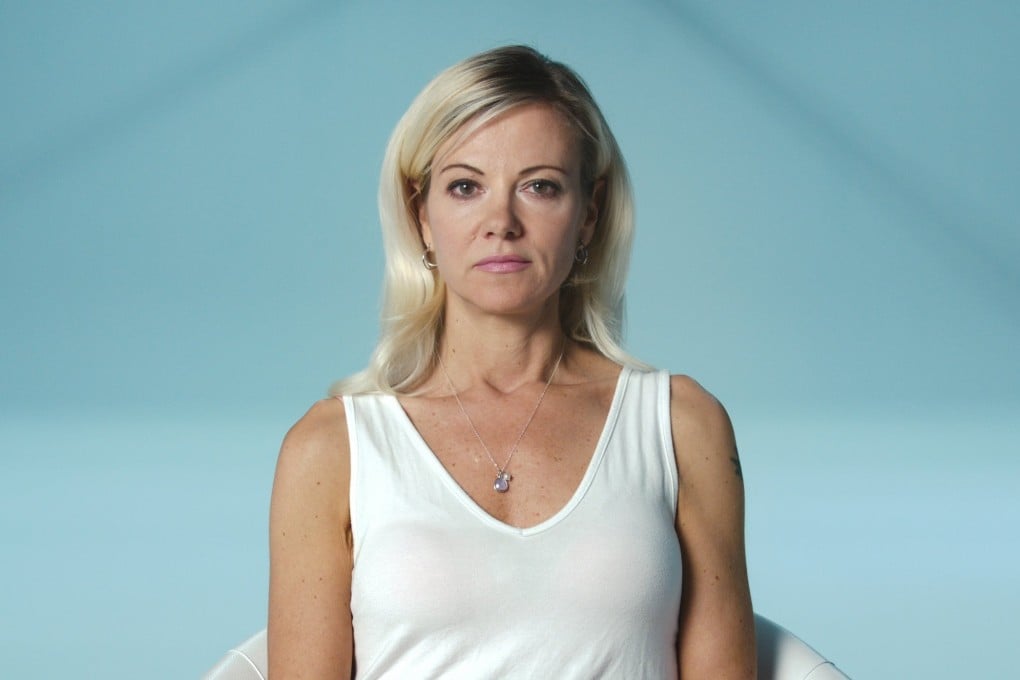Bad Vegan ending: what does phone call at Netflix series’ climax between Sarma Melngailis and Anthony Strangis mean?
- A friendly, jokey phone chat between Sarma Melngailis and ex-husband Anthony Strangis is a surprise despite everything that had happened between them
- This interaction confirms Strangis’ continued interest in charming his ex-wife, and her vulnerability to his seductions

Sarma Melngailis, the American chef and businesswoman behind the New York raw food restaurants Pure Food and Wine and One Lucky Duck, played an integral role in bringing veganism into mainstream America.
The Latvia-born entrepreneur dedicated herself to a vegan lifestyle, promoted a vegan raw food diet, and became something of a poster child for the movement’s benefits and rewards. As a result, her spectacular fall from grace was all the more horrifying.
Reflected in the title of Chris Smith’s new Netflix documentary series Bad Vegan, Melngailis caused a scandal not only by falling under the spell of her con-artist husband Anthony Strangis and defrauding her investors, staff and business out of millions of dollars, but by sullying the wholesome image of vegans everywhere.
That the pair were eventually apprehended after ordering a Domino’s pizza only added insult to injury.
Bad Vegan is just the latest in a stream of documentaries and drama series chronicling the fraudulent exploits of shady business owners and con artists.